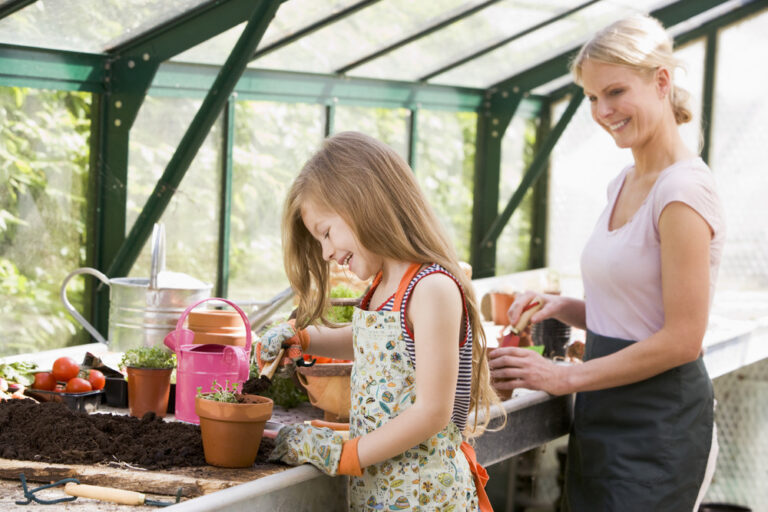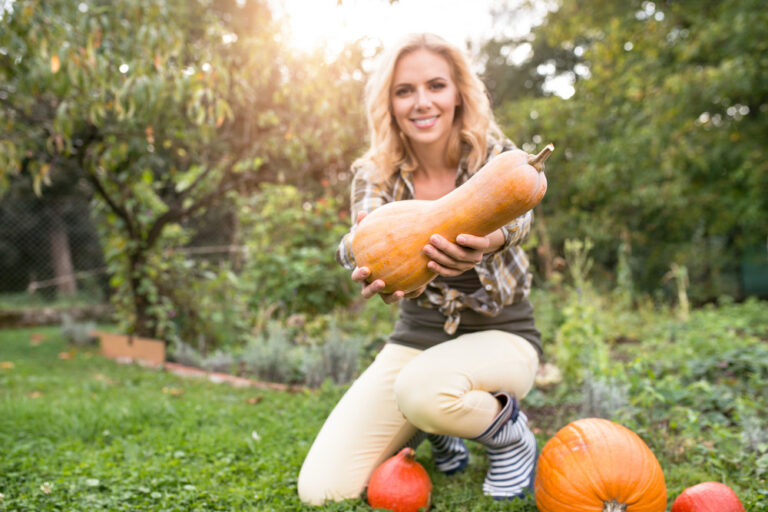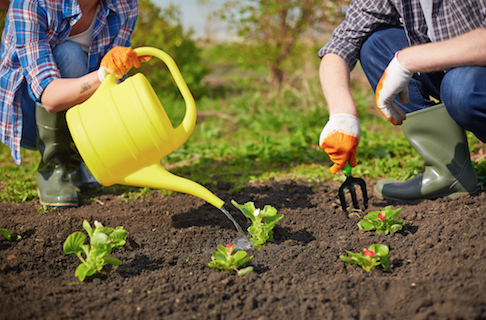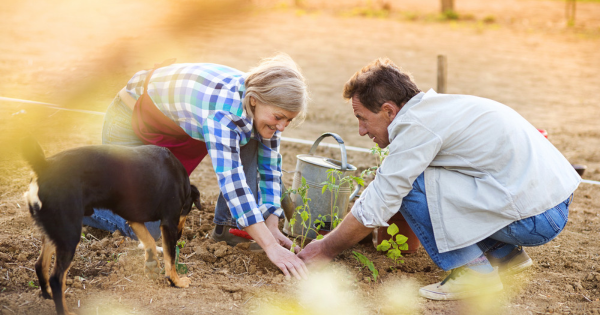There’s no doubt about the benefits of starting a garden. It’s a hobby that can help you improve many areas of your life. Here are some little-known benefits of growing your own food that could inspire you to start doing so if you haven’t already. Gardening Counts as Exercise Many people know that exercising on…
Maintaining a Garden to Keep Your Indoors and Outdoors Clean
Gardening gives your home the required curb appeal and does wonder for your well-being. Physical exercise keeps blood pressure in check and contributes to a healthy weight, and interactions with flora improve your mental health and mood. Below is a list of ways to maintain your garden. Watering Watering the plants is crucial and…
4 Reasons to Volunteer for an Eco-Friendly Gardening Club
Volunteering is an amazing way to give back to society and spend your time in a fulfilling way. If you’re wondering whether to volunteer or what to volunteer for, there are a number of causes to volunteer for, including eco-friendly gardening. Read on to see four reasons why you should consider volunteering your time in…
7 Tips for Buying Gardening Materials Online
For anyone who loves to garden, there’s nothing quite like the feeling of finally finding that perfect plant or piece of equipment. But with so many options available online, it can be hard to know where to start. Here are a few tips to help you find the best gardening materials online. 1. Only Buy…
If You’re Over 50, Here’s Why You Should Start Gardening
Growing a garden is an excellent activity for all ages, but it is especially good for people over the age of 50. Spending time coaxing seedlings to grow or harvesting the results of your hard work can be deeply satisfying. But it is also great for your physical and mental health. Here are a few…




